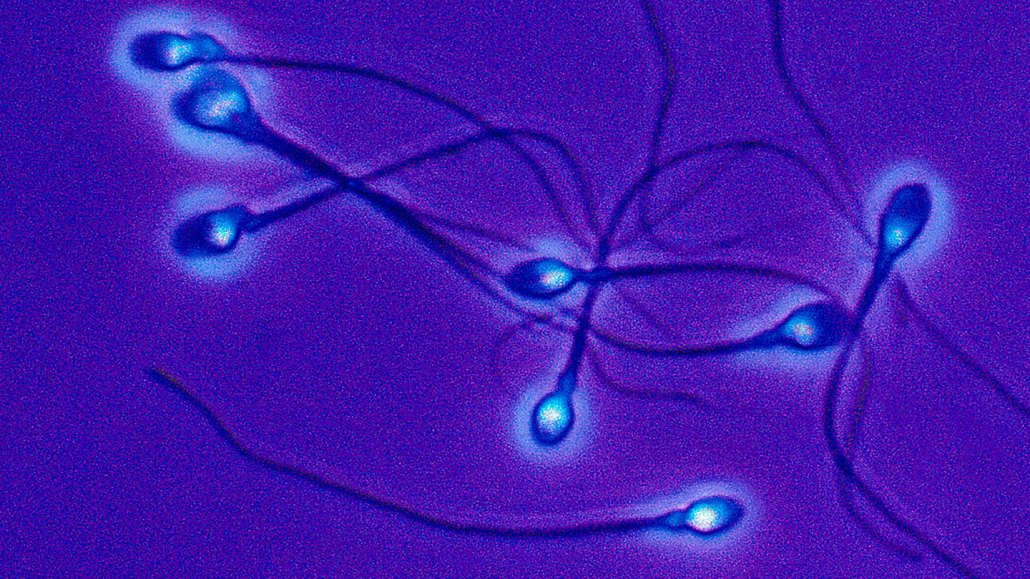50 years ago, freezing sperm faced scientific skepticism
Excerpt from the February 26, 1972 issue of Science News

In 1972, scientists debated the long-term viability of frozen sperm. Fifty years later, children have been conceived with sperm frozen for decades.
Derek Berwin/The Image Bank/Getty Images Plus








